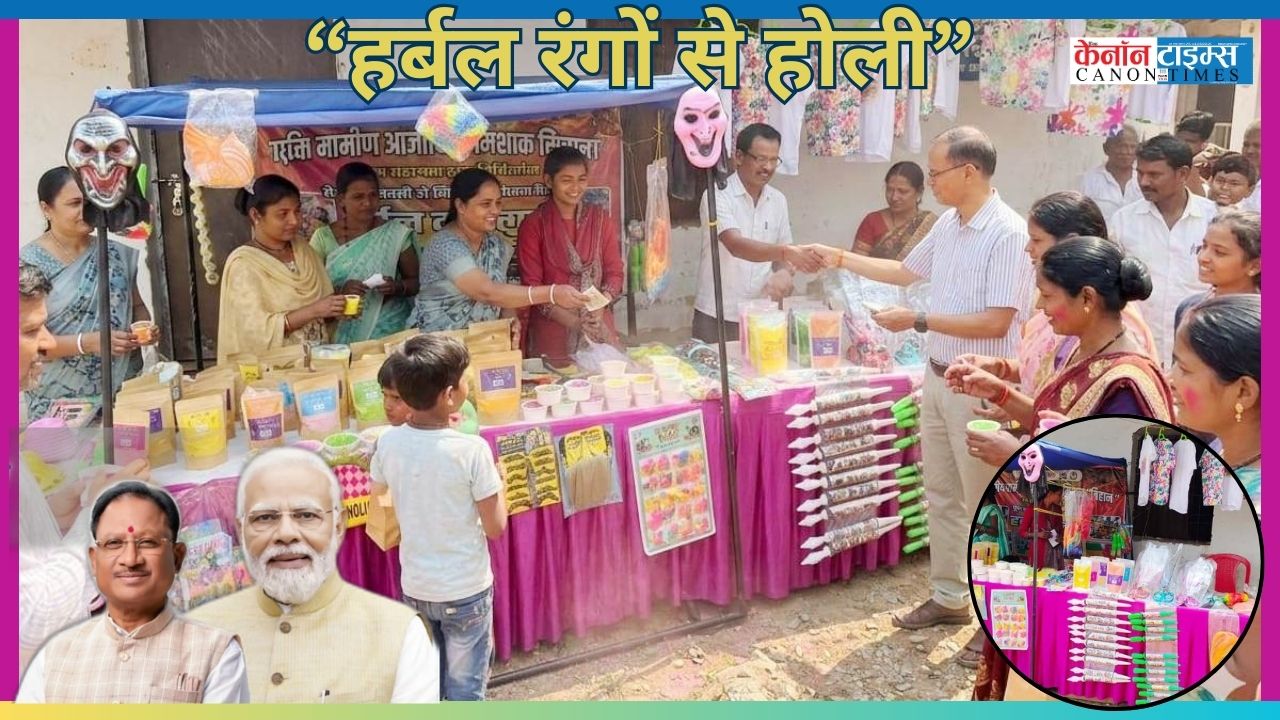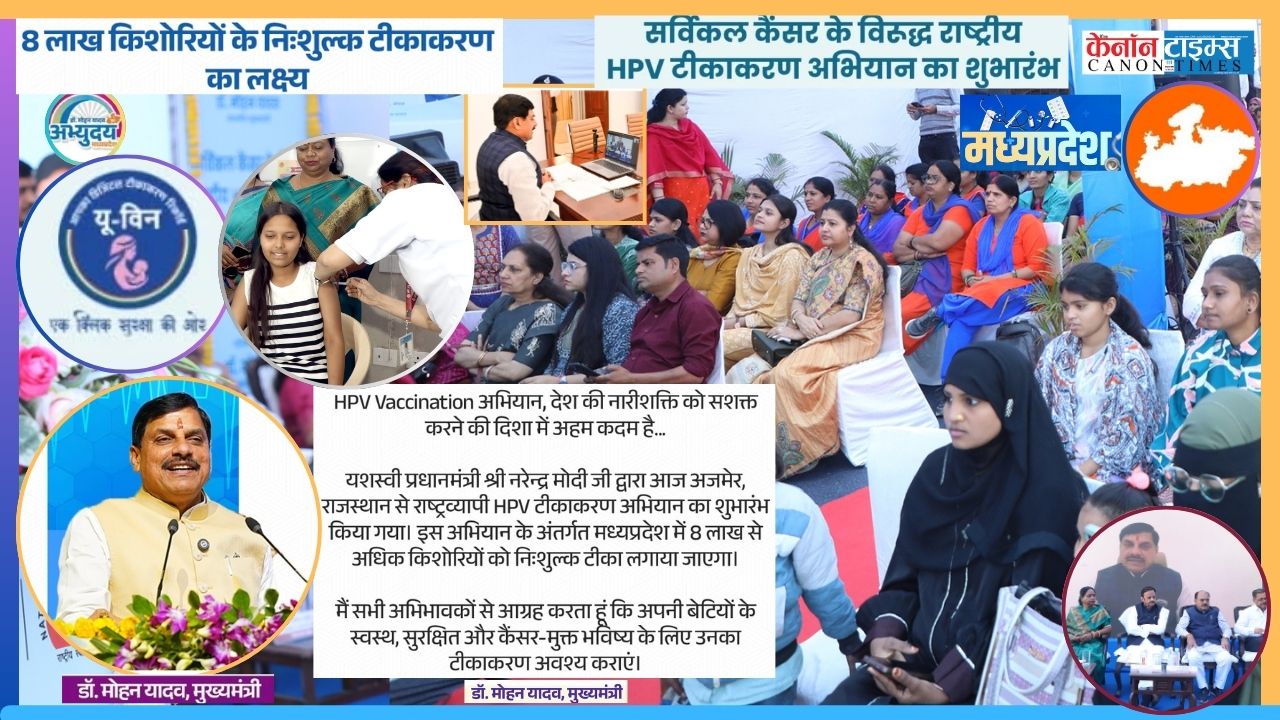Although fruitful, Prime Minister Narendra Modi’s trip to Bhutan last week was primarily symbolic. The need for such a second back-to-back visit was eliminated by Bhutan’s Prime Minister Tshering Tobgay’s extensive bilateral meeting with Mr. Modi in Delhi one week prior. Though it has been discussed and might have been announced later, after the elections, India’s announcement to double its funding for Bhutan’s Five Year Plan, from ₹5,000 crore to ₹10,000 crore, was significant. The highlight of the visit, when the King of Bhutan gave Mr. Modi the country’s highest civilian honour, was announced in 2021 in appreciation of India’s assistance during the COVID-19 epidemic, although it wasn’t necessary to do so at this time. The importance of Mr. Modi’s visit is demonstrated by the fact that he carried it out in spite of Bhutan’s unfavourable weather, India’s Model Code of Conduct for elections, and his campaign schedule. There were three significant messages conveyed: first, that India is totally dedicated to Bhutan’s development, especially with regard to the forthcoming Gebephu Mindfulness City, a project that is expected to benefit from India’s increased financial support to its neighbour. Second, Bhutan plays a key role in India’s infrastructure projects, which include integrated checkpoints, roads, trains, and energy exchanges on the Indian grid. These projects encourage sub-regional commerce and travel between India, Bangladesh, Bhutan, and Nepal. Third, India wants to make it clear that it does not plan to allow Beijing leeway in areas of engagement like commerce and investment, where China has established ground with India’s other close neighbours. It is aware of Bhutan’s enhanced engagement with China in preparation for the border deal they expect to broker shortly.
Therefore, even though Foreign Secretary Vinay Kwatra may have seemed not to be interested when he waved off a query on the China-Bhutan border talks, they are still crucial. The Siliguri Corridor in India is really seen to be in danger due to discussions between China and Bhutan on a potential land exchange at Doklam, while China’s claim to territory in eastern Bhutan may jeopardise India’s plans to connect its borders with Arunachal Pradesh.
Bhutan may have even requested that India hold off on such projects until after its border negotiations with China are concluded, according to recent reports—which the Ministry of External Affairs has not refuted. Therefore, showing unity in the face of change was the most crucial takeaway from Mr. Modi’s tour. Bhutan-Indian relations are “unbreakable,” Mr. Modi said while accepting his prize. To maintain the strength of their relationship in the face of social and economic unrest inside their own nations as well as the threat in the region, India and Bhutan will need to highlight this lock-step even more in the days to come.
Abhishek Verma
Author: This news is edited by: Abhishek Verma, (Editor, CANON TIMES)
Authentic news.






